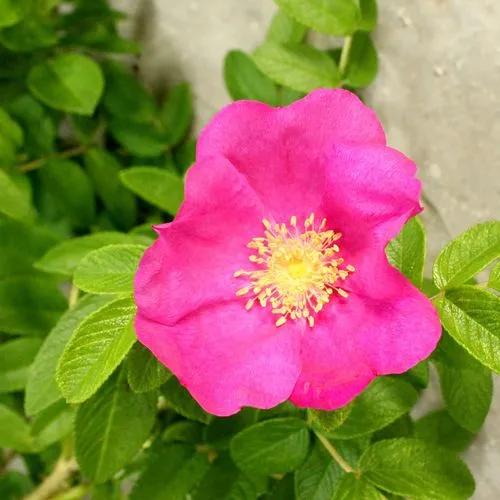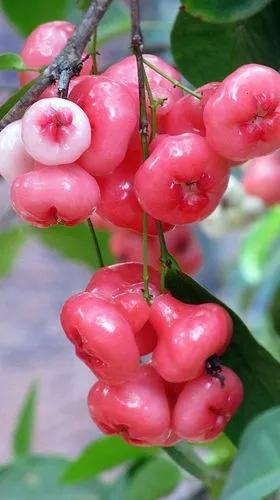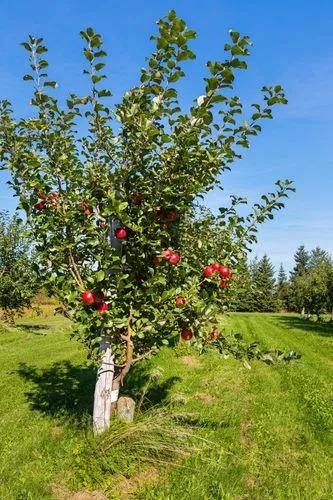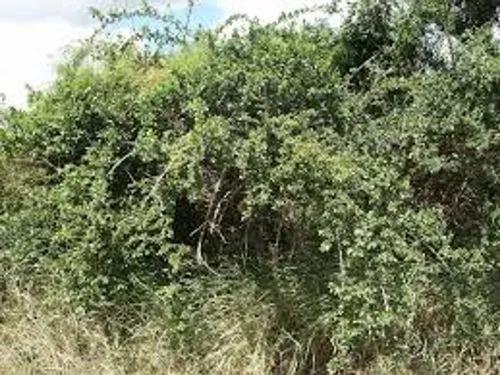Musa or the Banana is one of the most well known fruits in the world, as well as being delicious and nutritious some varieties can be grown easily and effectively as houseplants.Banana plants grown as houseplants thrive in humid and brightly lit areas like conservatories and garden rooms/Often Dwarf Banana plants are found growing in parts of Asia for mass cultivation and they are sometimes grown as tall specimen plants in gardens at the back of borders to add a touch of the tropics. However as they need significant Winter protection it's relatively uncommon for them to be grown like this by the average gardener.
Banana Care
Musa



How to Care for the Plant

Water

Container-grown plants need ample watering during spring and summer months. Feed at weekly intervals during the spring and summer with a general-purpose liquid feed, or mix a controlled-release fertiliser into compost when potting. In autumn, reduce watering and feeding, watering only when on the dry side in winter.

Pruning

Just remove dead leaves and stems.

Fertilizer

The best fertilizers for banana trees are high in potassium, phosphorus and nitrogen, like an 8-10-8 fertilizer. Because their fertilizer needs are so unusually high, the most common problems that bananas trees experience are potassium and nitrogen deficiencies.

Sunlight

Grow banana plants in full sun to partial shade in fertile, moist but well-drained soil, in a sheltered spot. Mulch the roots and protect the stem with horticultural fleece or a thick layer of straw in autumn so it doesn't succumb to winter frosts.

Soil

Banana trees prefer a slightly acid soil with a pH of 5.5 to 6.5. Due to the amount and size of their foliage, banana trees are very heavy feeders.

Temperature

There isn't really a upper temperature limit found in the home that is damaging. Although heat pockets, or sun traps such as in between windows and curtains should be avoided as they often heat up too rapidly for the plant to adapt.When it comes to the lowest acceptable temperature this will depend on the variety you are growing. Some Banana's will survive down to freezing, but in our experience of growing the Dwarf Cavendish, it will start to take damage if you put in in an area lower than 10°C (50°F).

Container

Size and vigour increases with size of container. Increase pot size by 5-7.5 cm (2-3in) initially. Once established in 30cm (10in) pots, increase size by 10-15cm (4-6 inches) every two to three years.

Popularity

656 people already have this plant 136 people have added this plant to their wishlists
Discover more plants with the list below
Related articles






